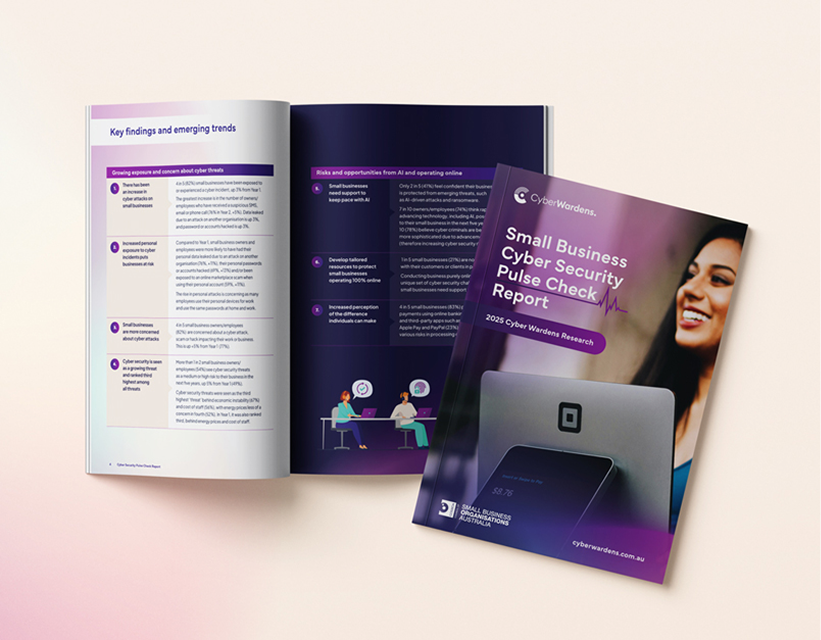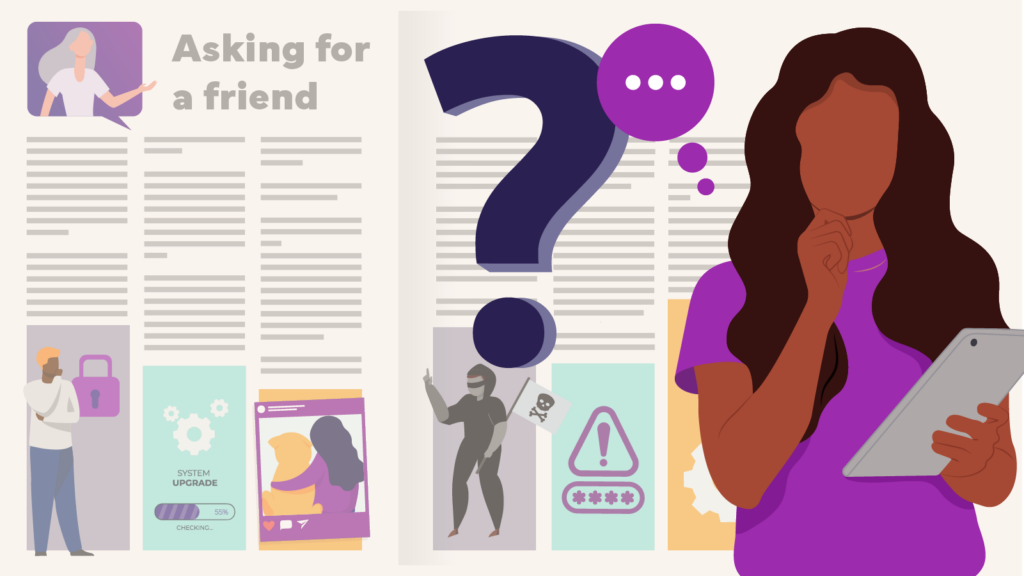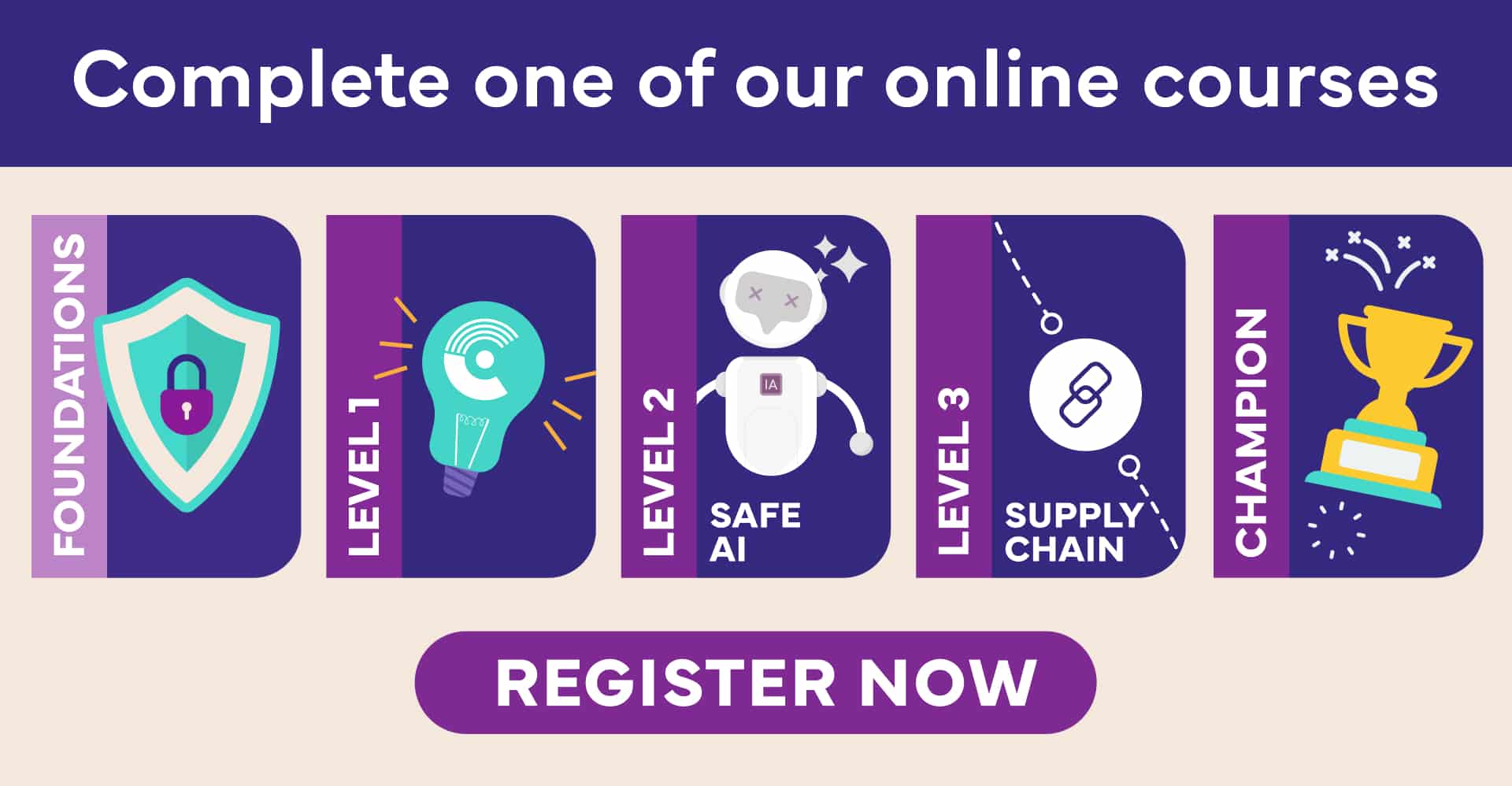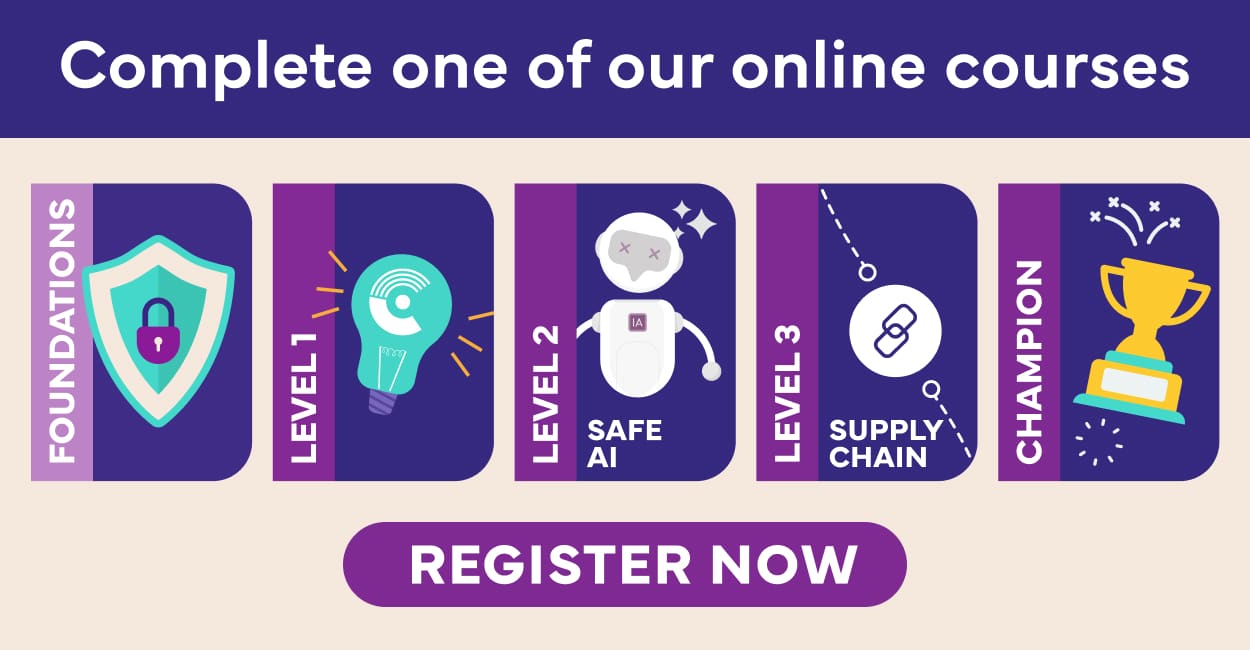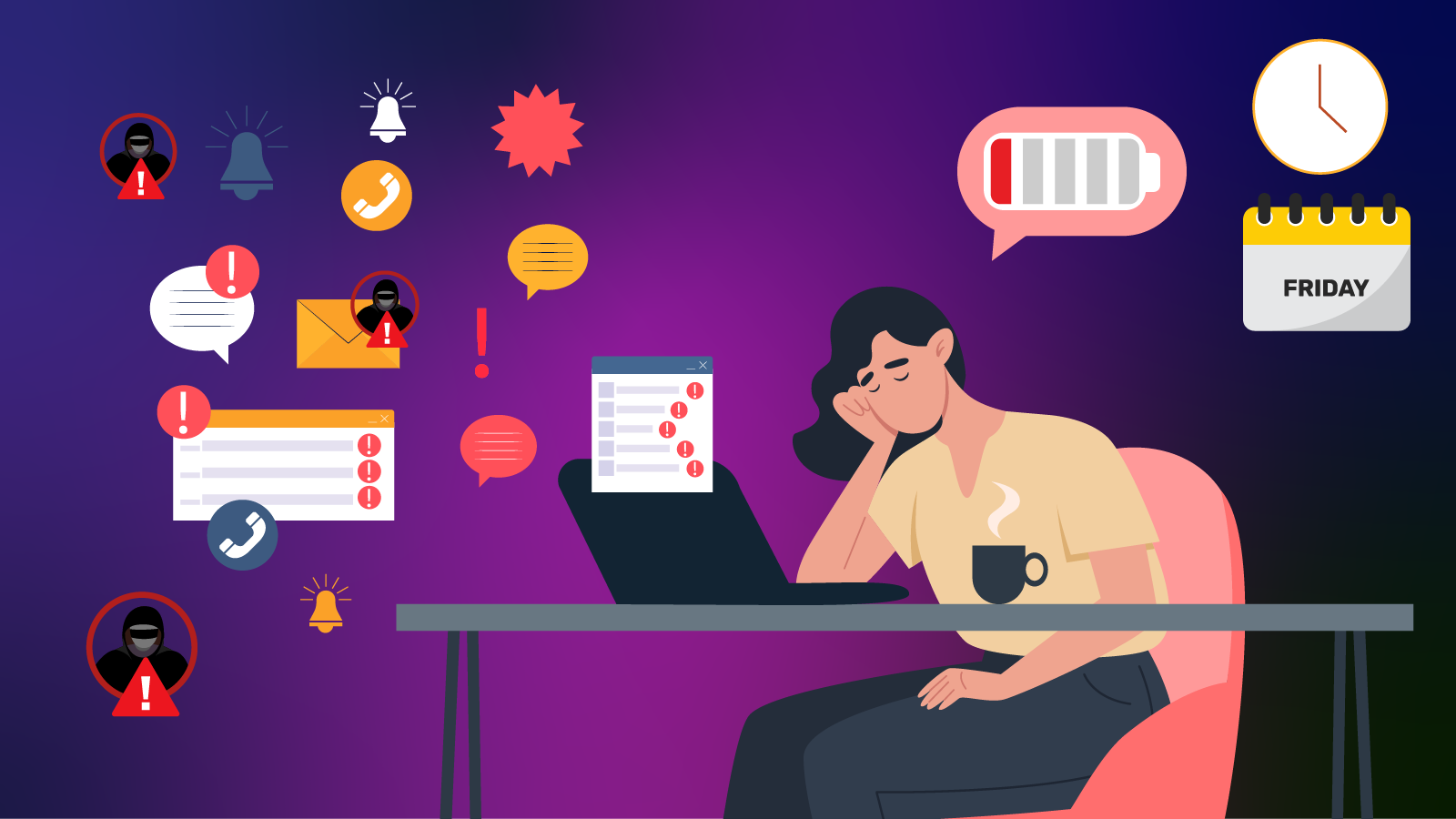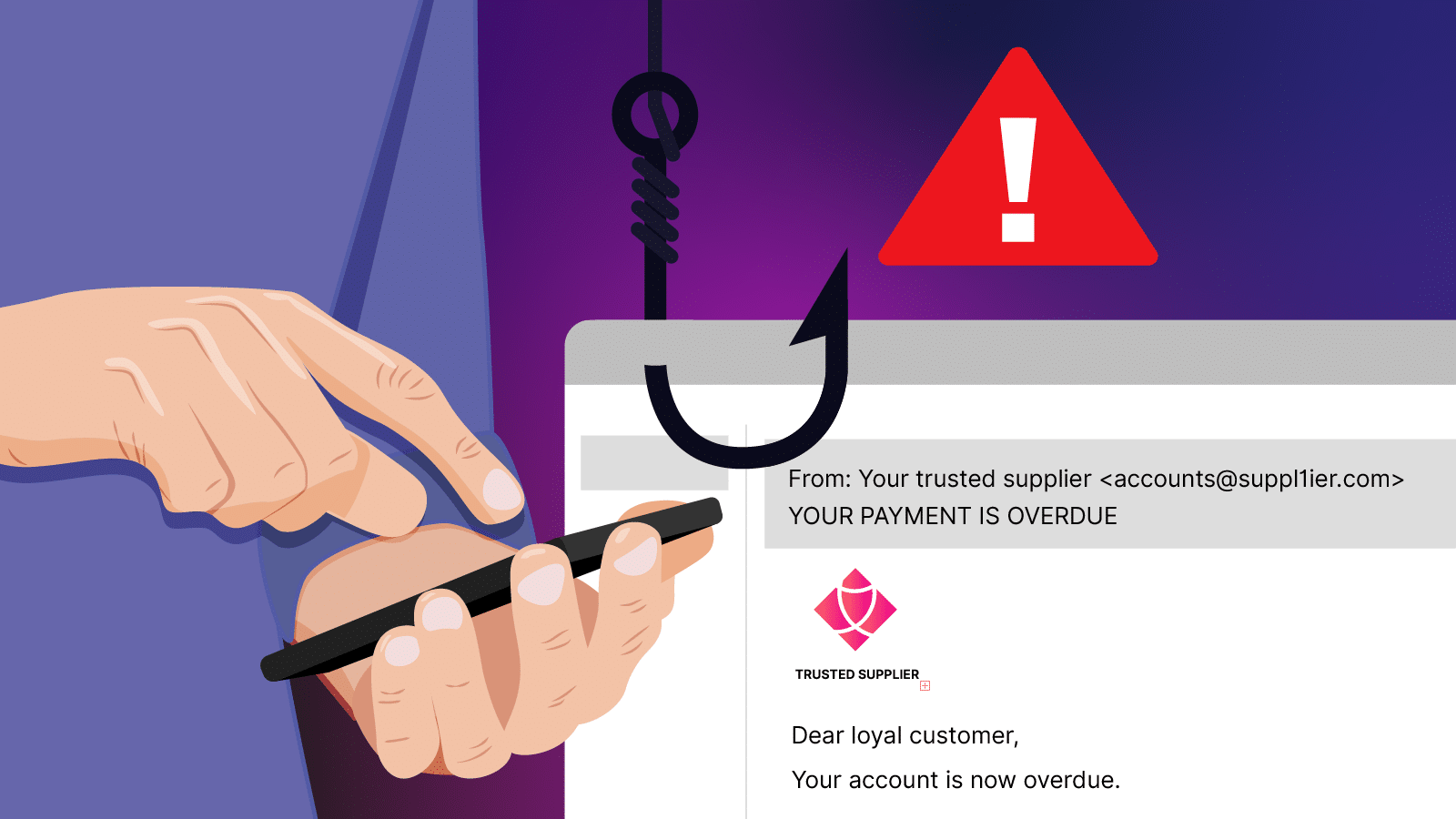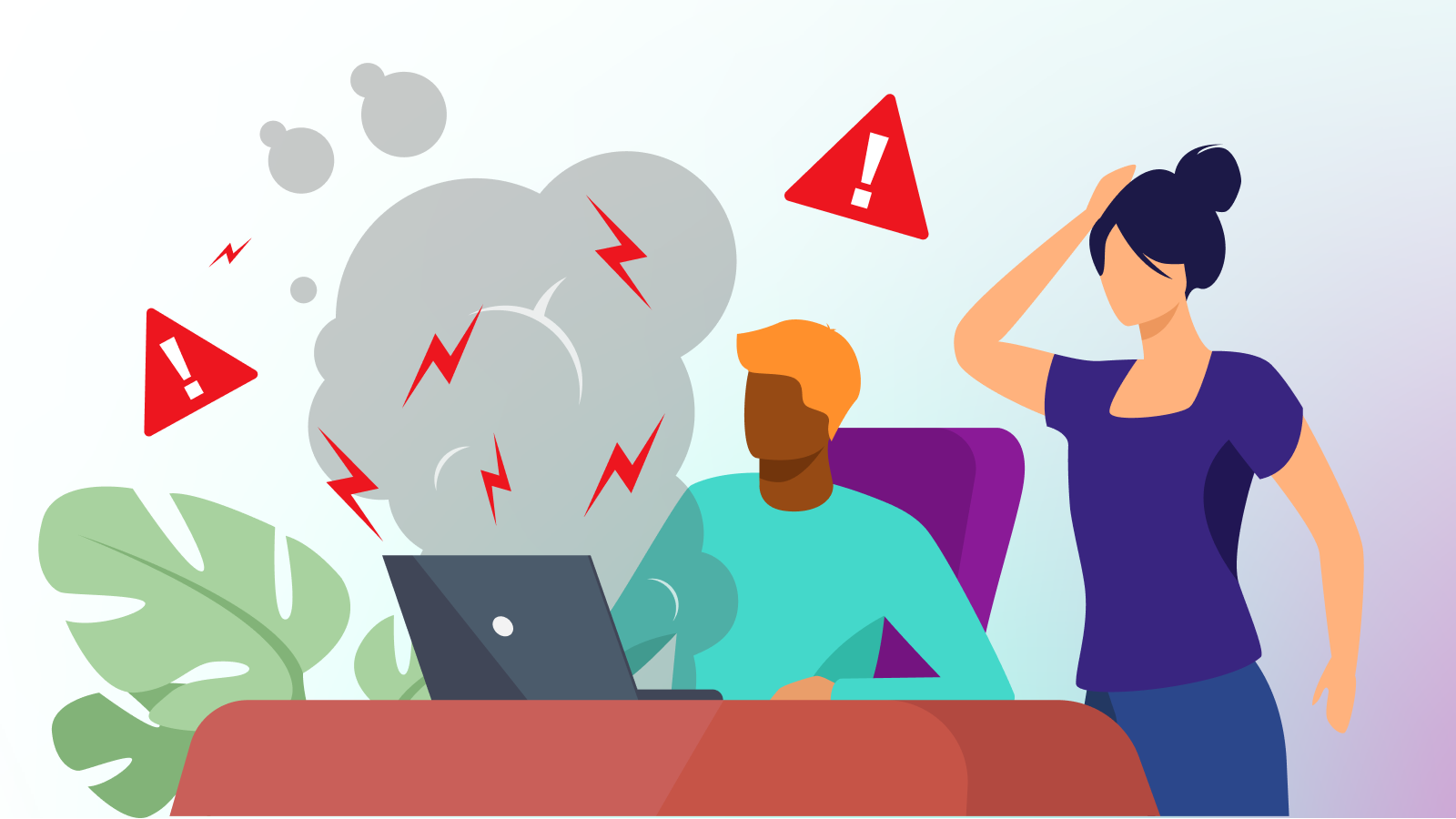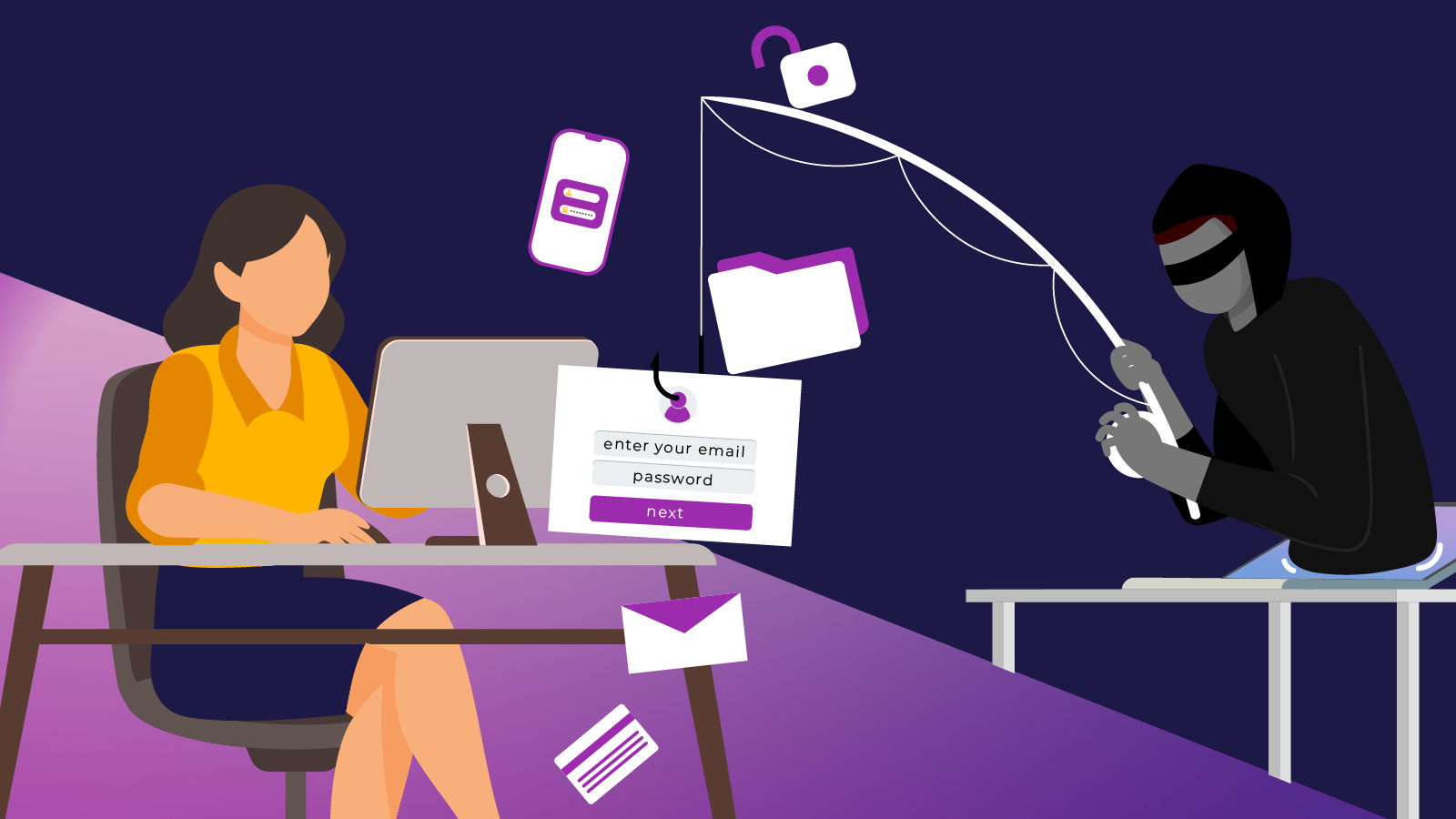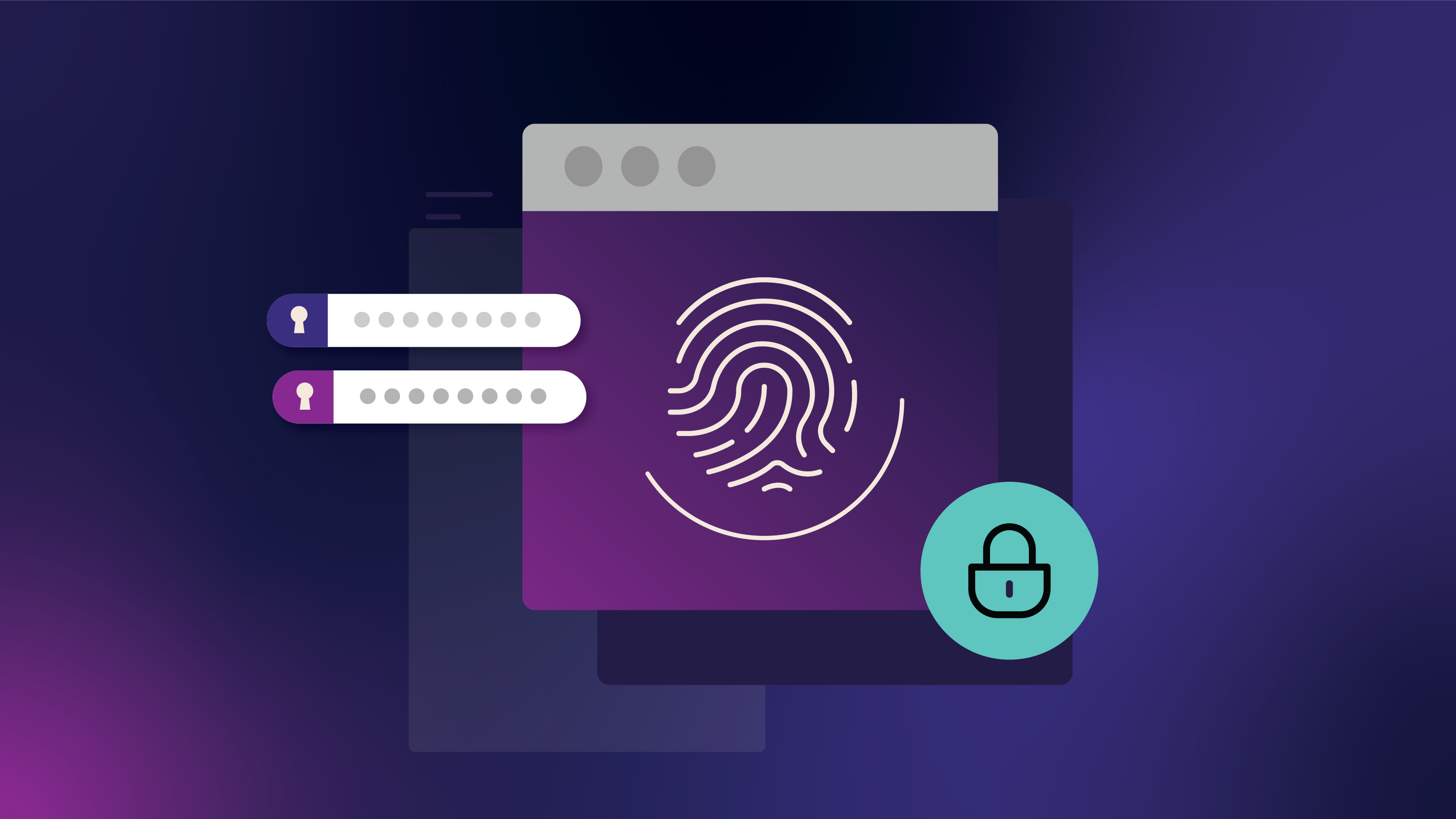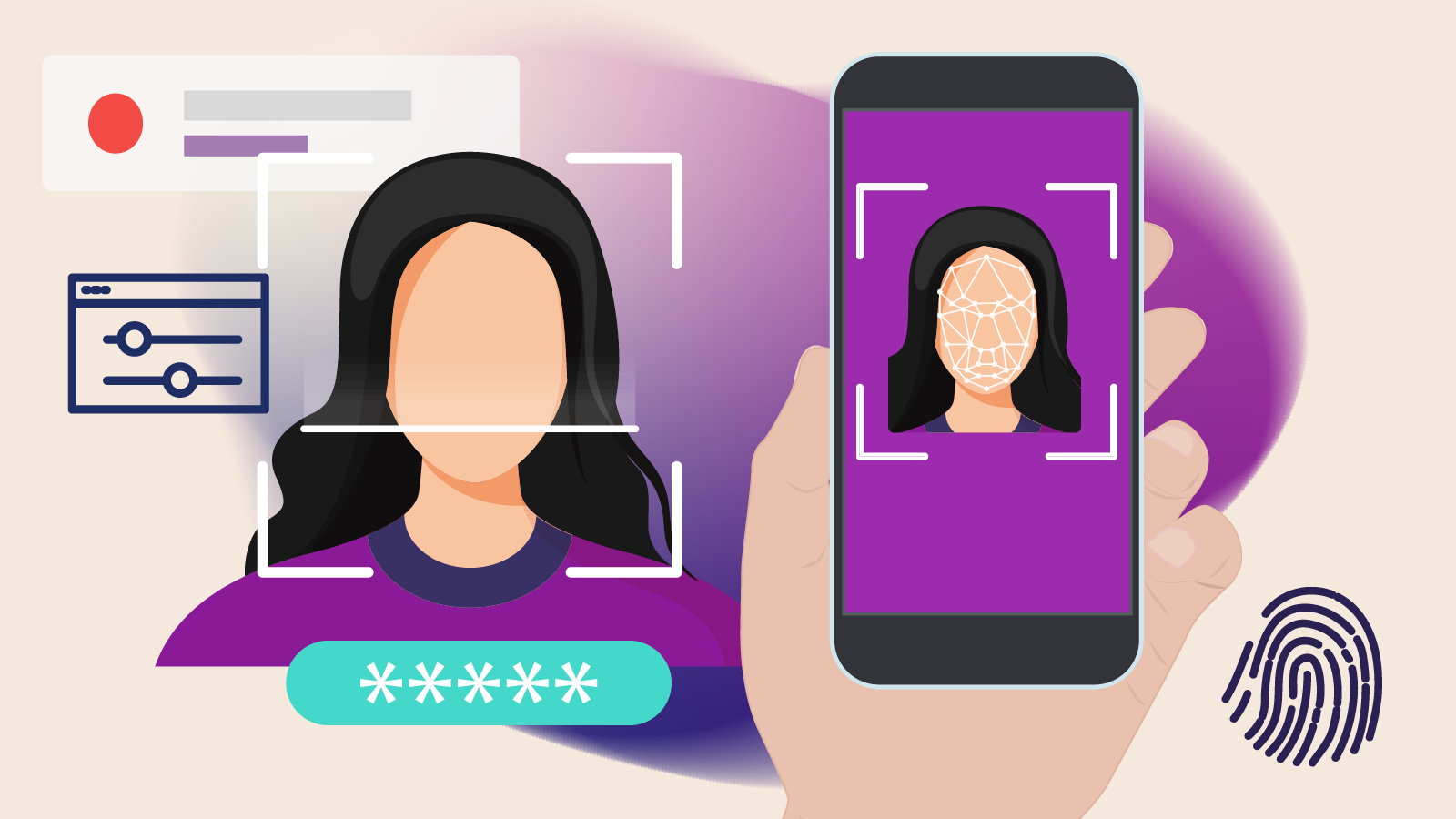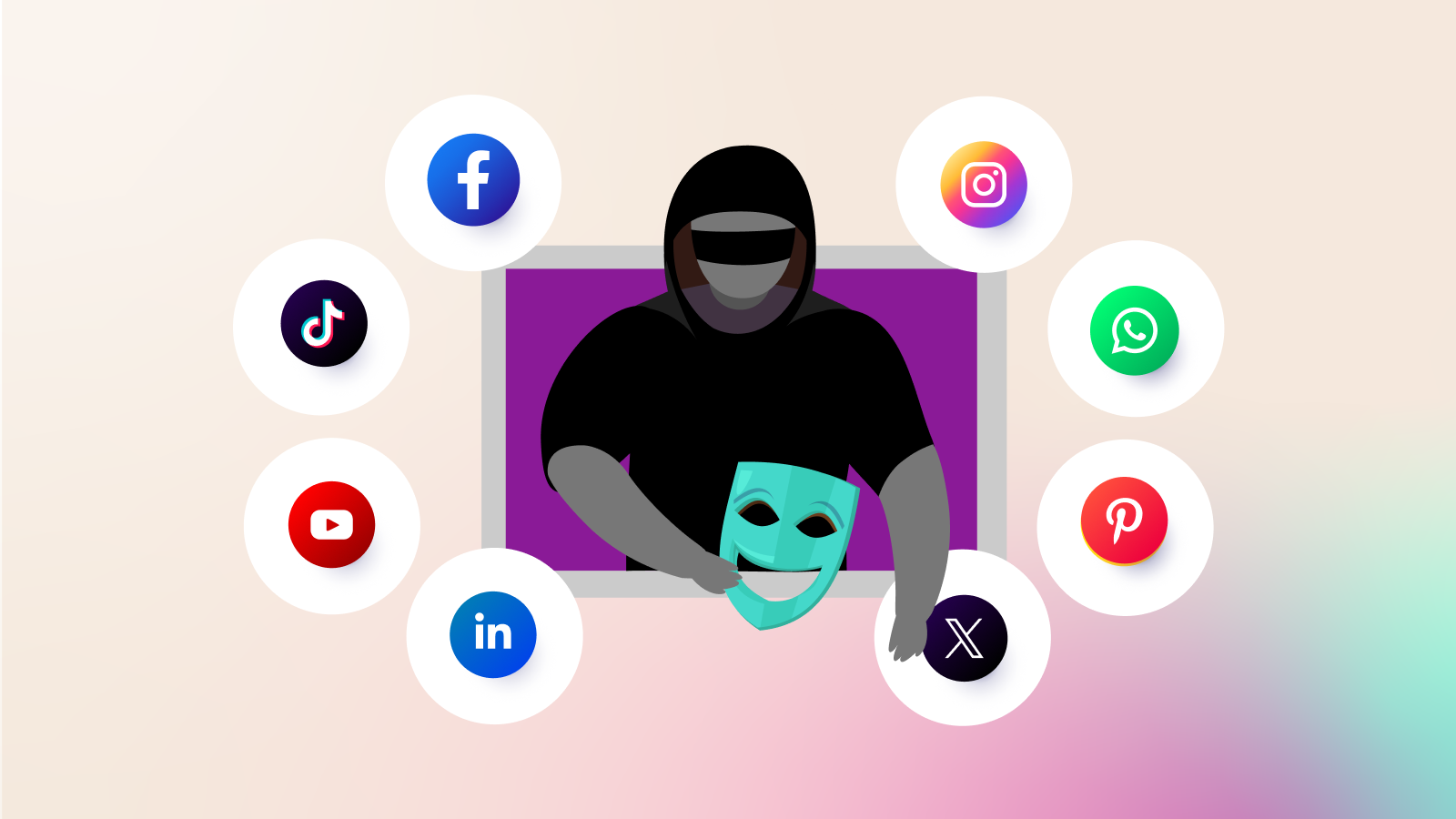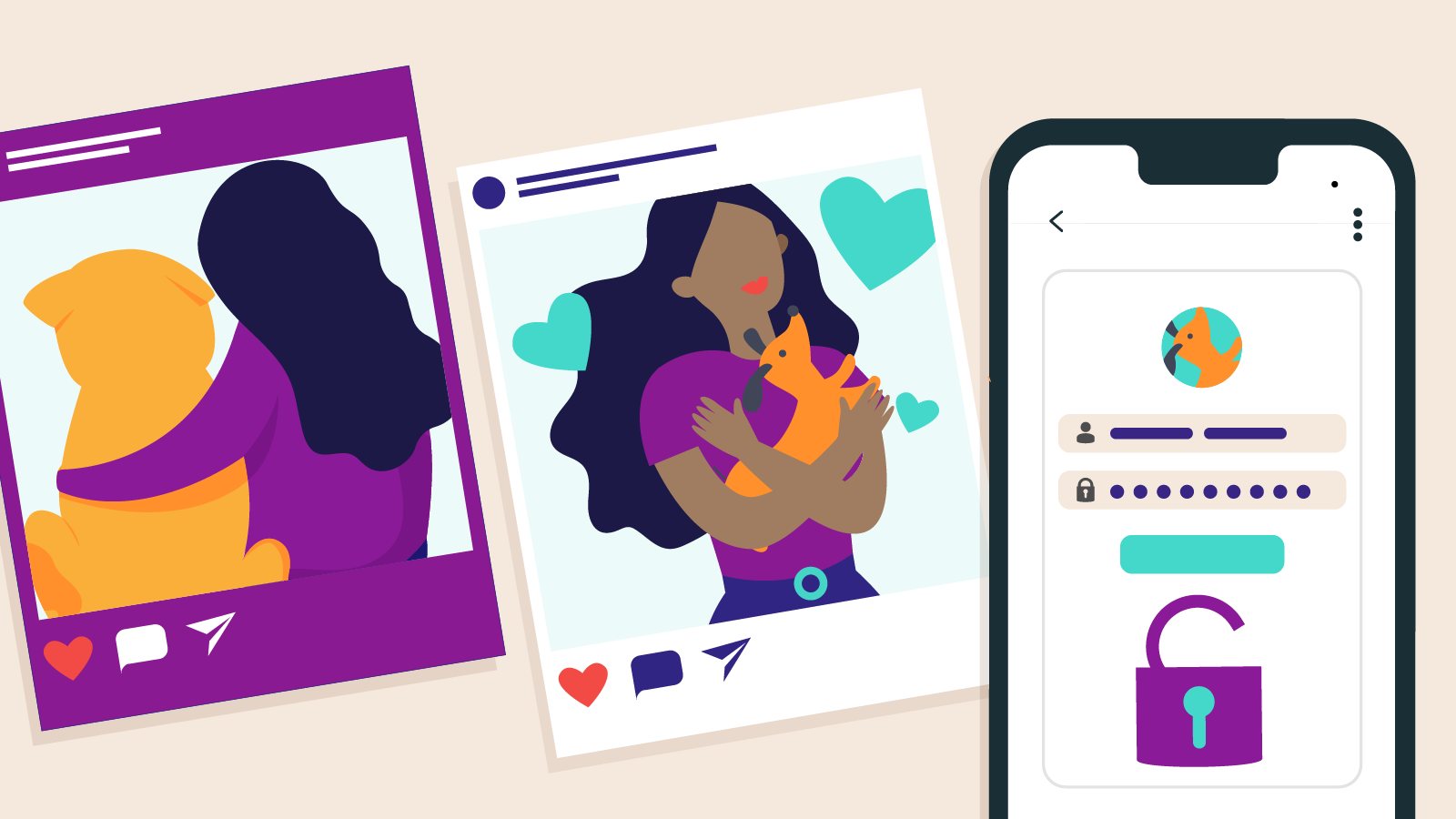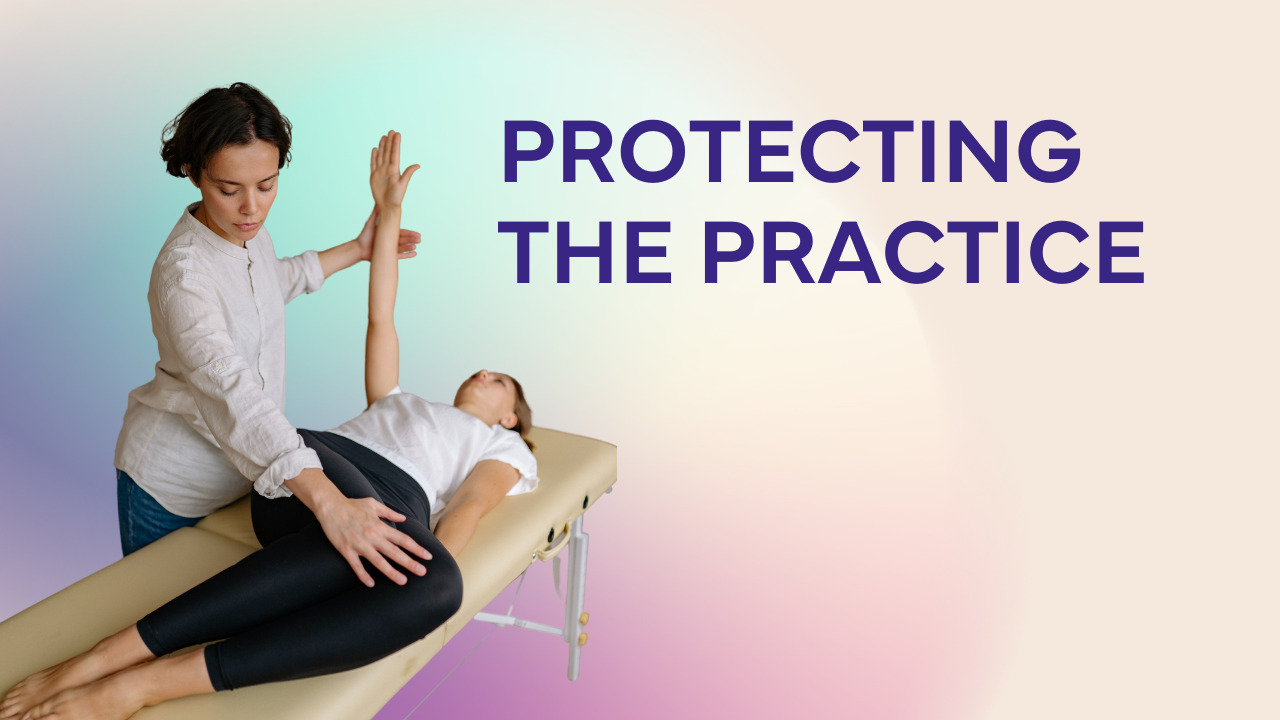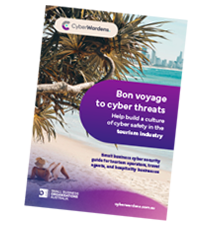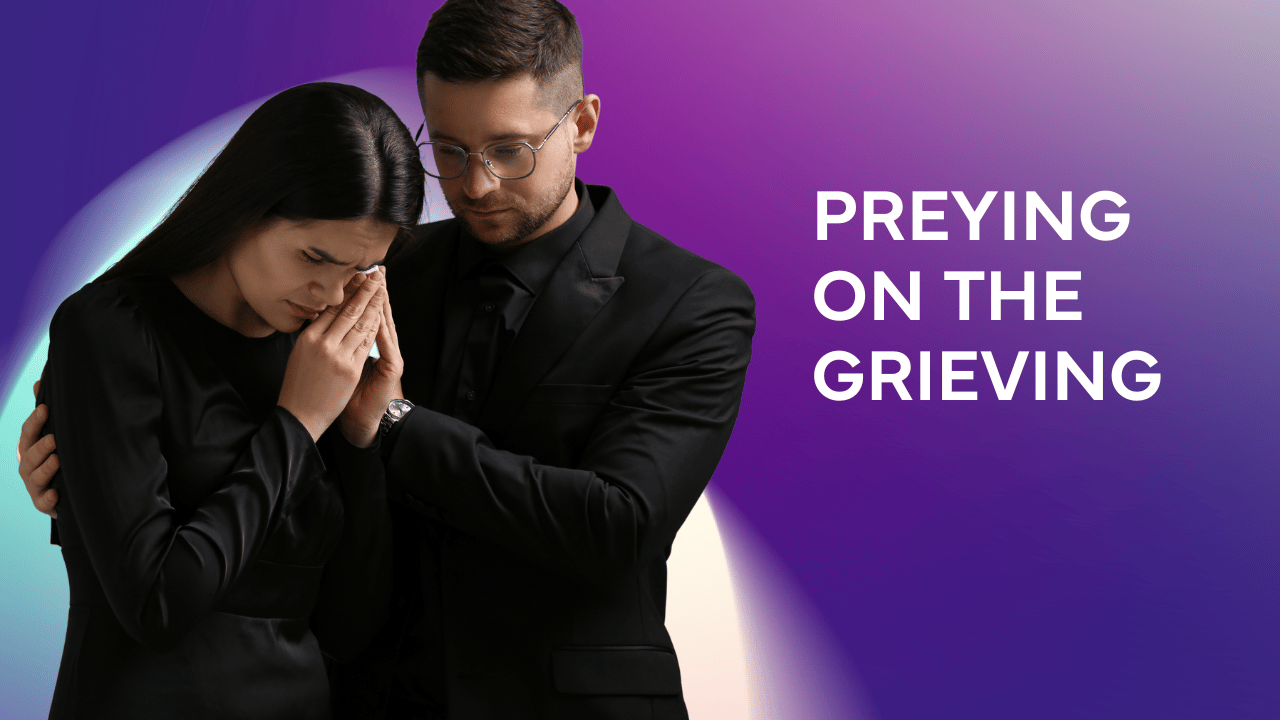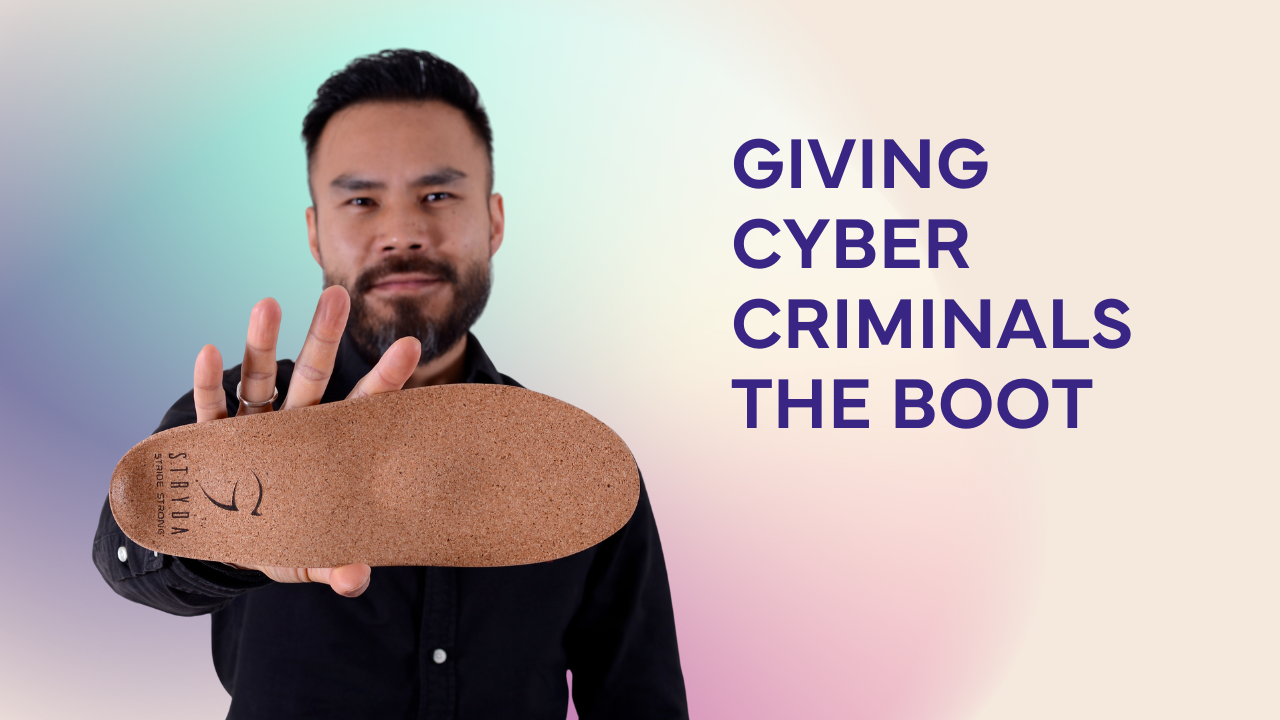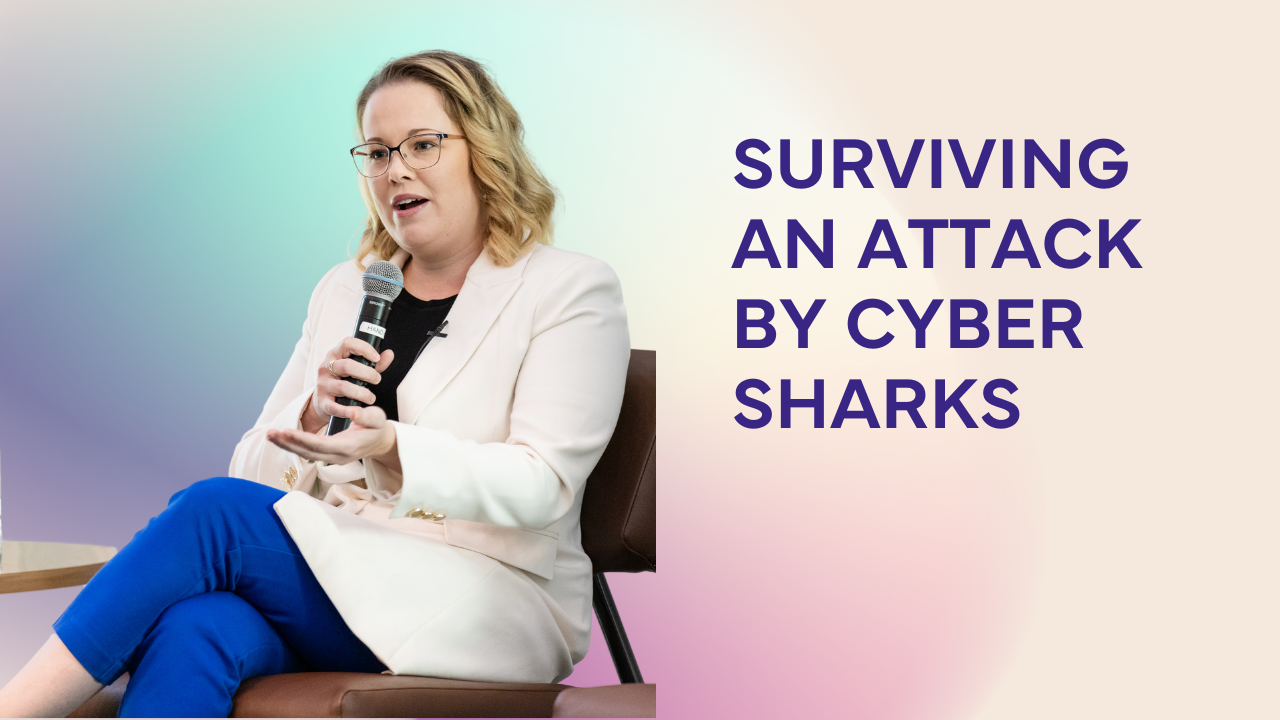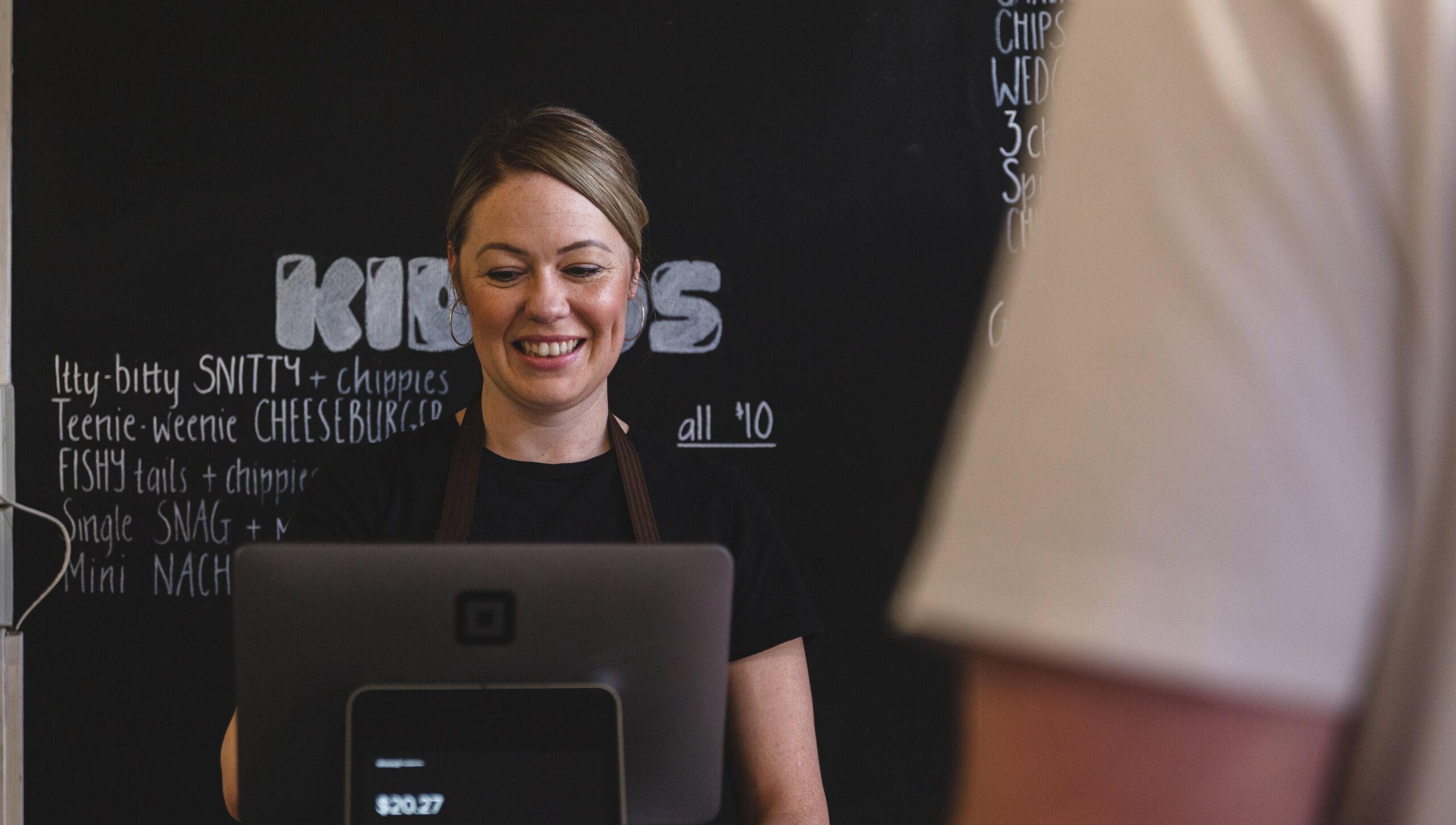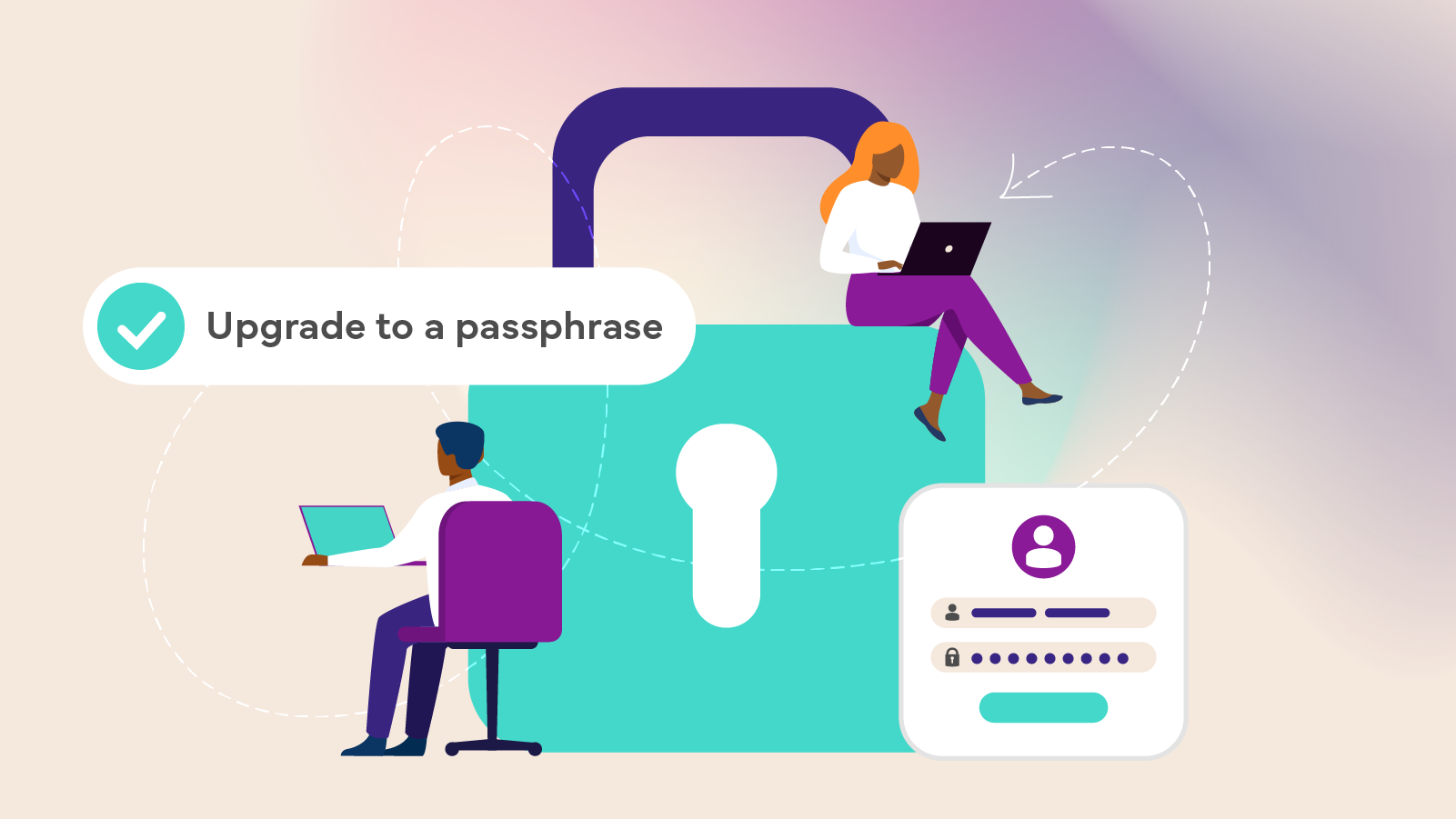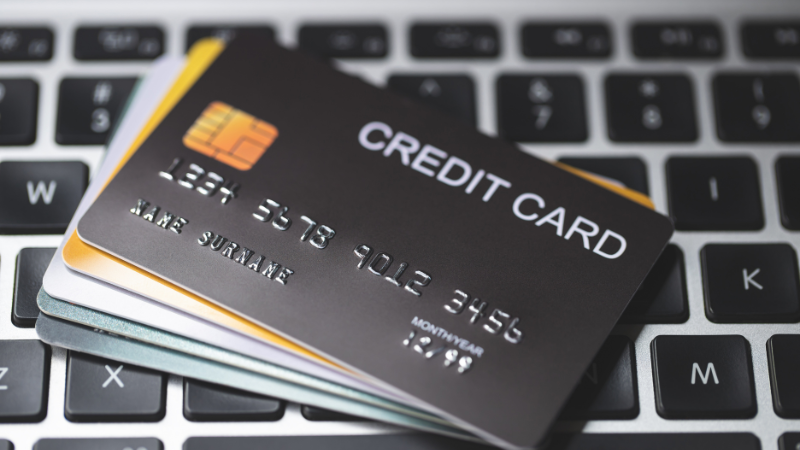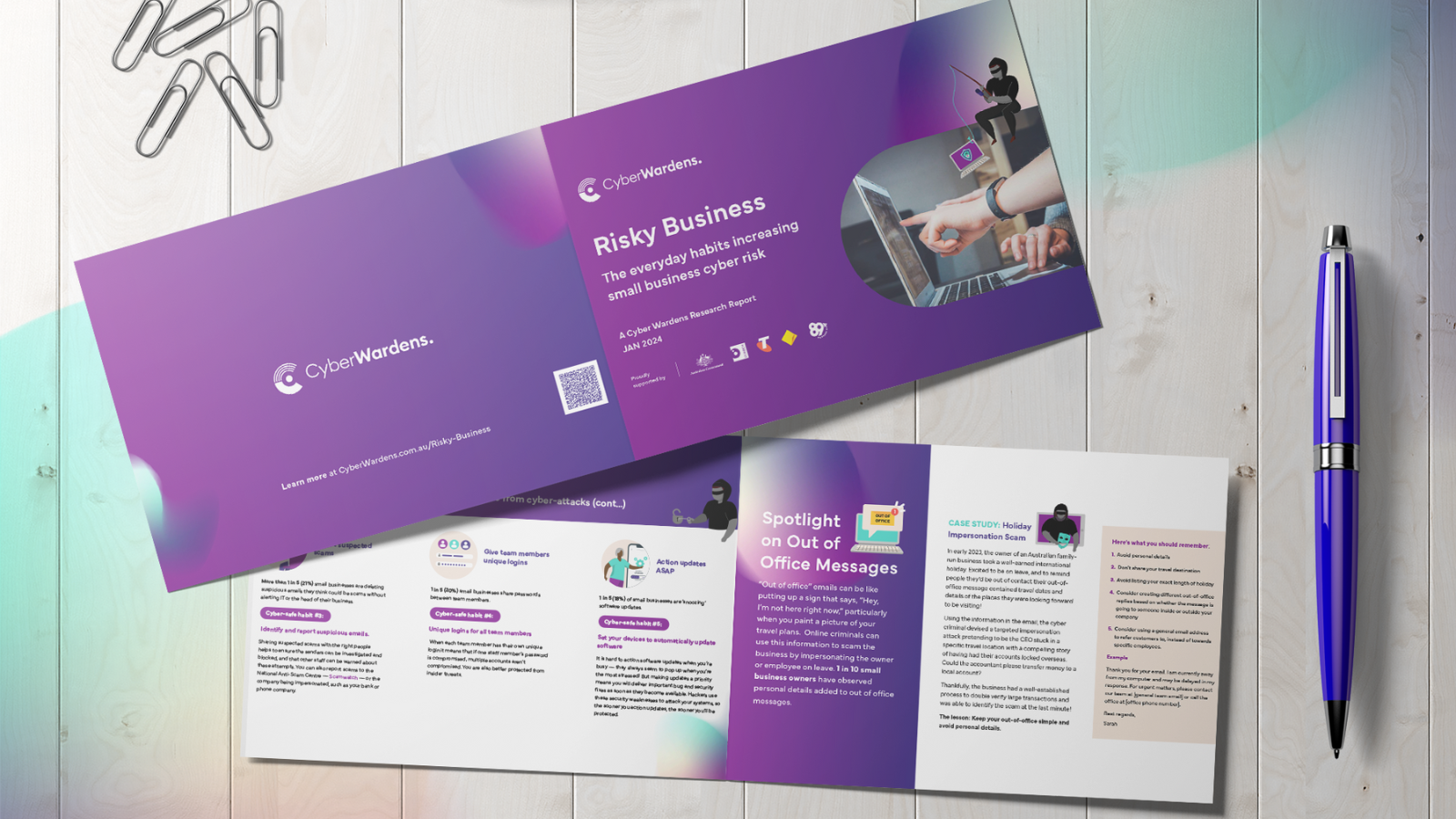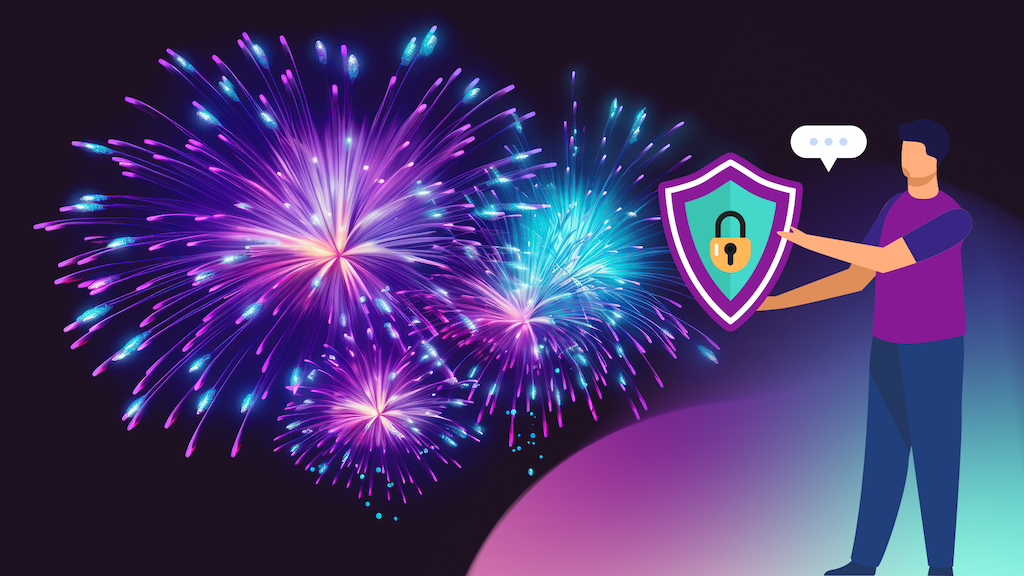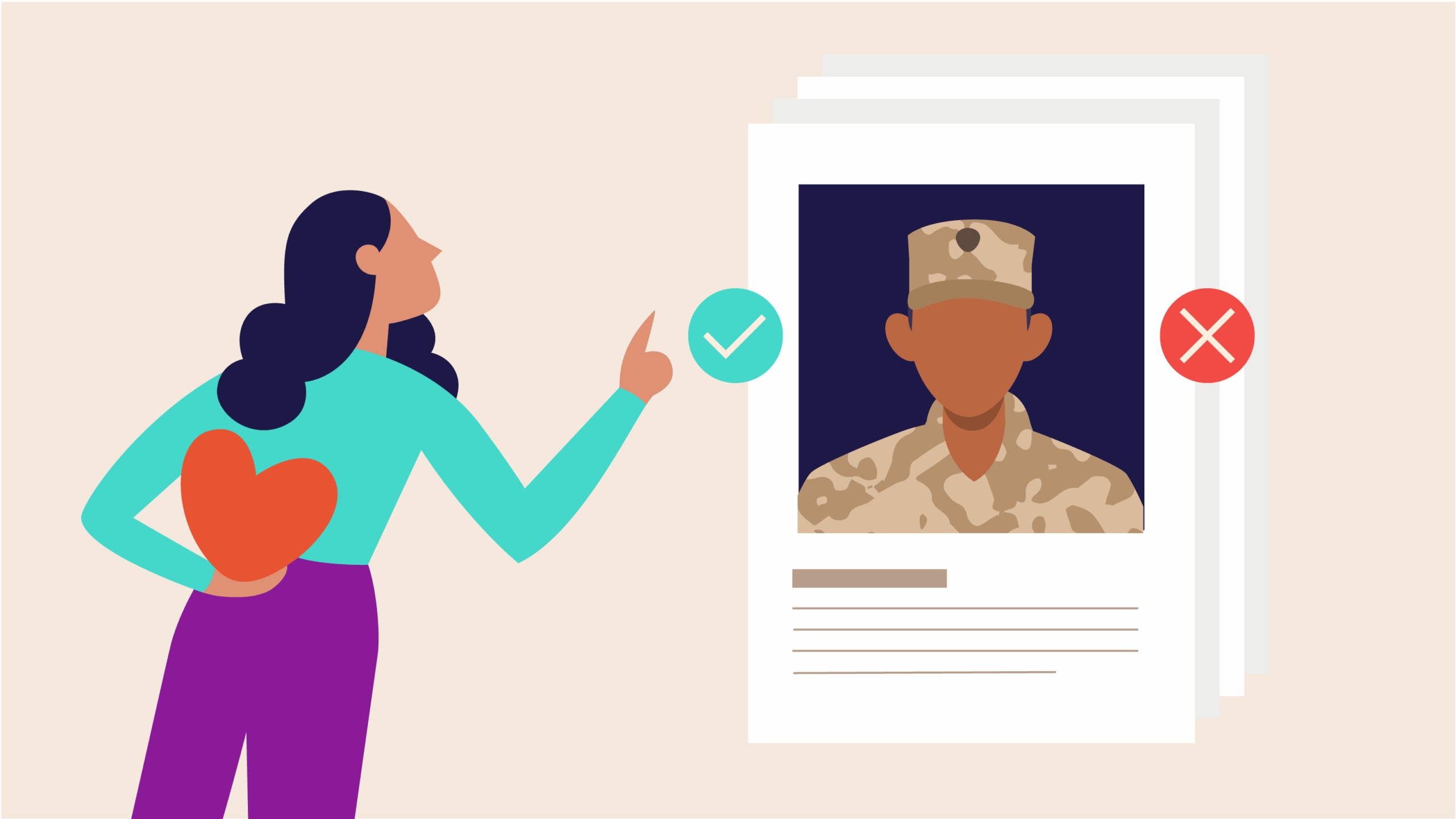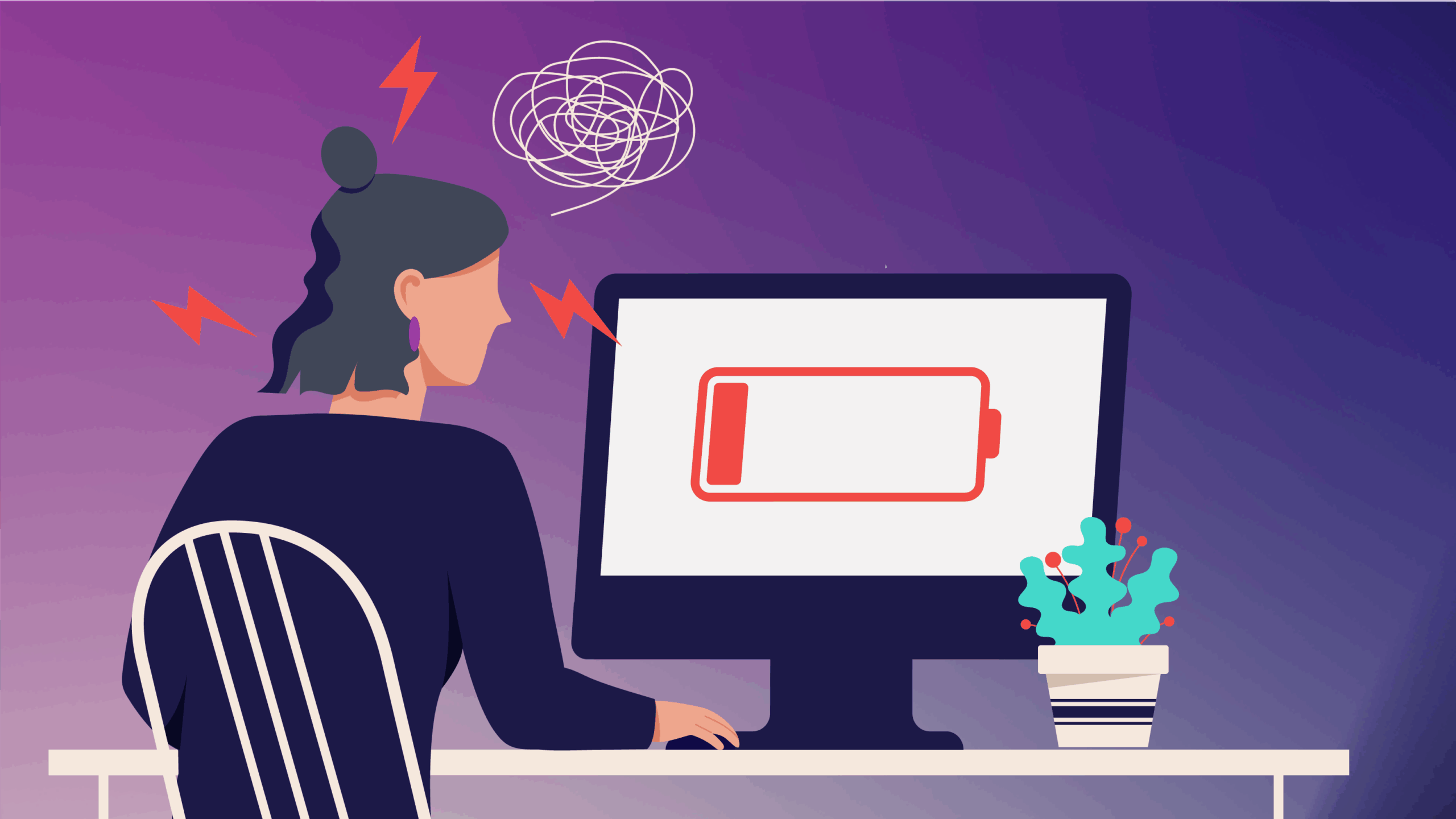How risky is it to use my pet’s name as a password? What happens if I ignore a security update? Most of us have an embarrassing cyber security question, and it’s nothing to be ashamed of.
The world of cyber crime is evolving faster than you can say multi-factor authentication, and it can be hard to keep up with the latest scams and hacks.
To help keep you safe online, Cyber Wardens is helping find the answers to some of the most common cyber security questions - so you don’t have to.
1. What should I do if I click on a phishing link?
A phishing scam is when cyber criminals try to get your personal information, passwords, banking or credit card details. They often do this by pretending to be a reputable business, or a company you might be likely to use, via fraudulent emails or text messages.
They may try to steal your online banking logins, credit card details or passwords. Phishing can result in the loss of information, money or identity theft.
Whatever you do, don’t enter any personal information if you think you’ve clicked on a phishing link.
Act swiftly to change your passwords, and visit Scamwatch to report the attempt and receive further advice to protect yourself.
2. Is using the same password for multiple accounts really that bad?
Yes! Using the same password for multiple accounts opens you and your business up to a potential cyber attack. If one account is hacked, this means they can all be hacked.
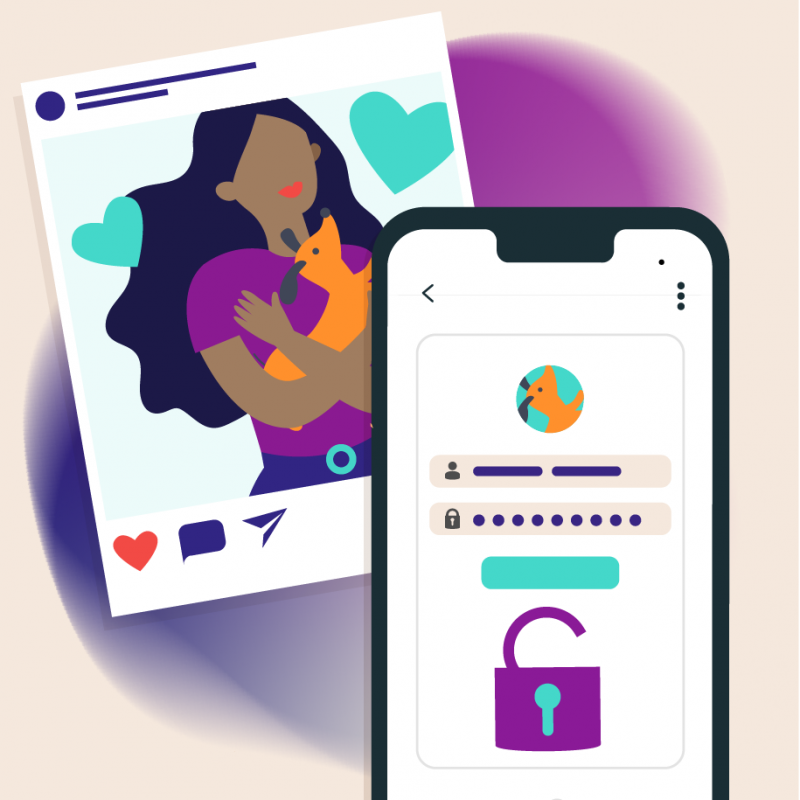
Small business owners and employees should use long and strong passwords or passphrases with 10 or more characters.
The strongest passwords use a combination of letters (upper case and lower case), symbols, and numbers. Avoid using any personal information, such as your business name or common words.
Council of Small Business Organisations of Australia (COSBOA) CEO Luke Achterstraat said using different passwords or passphrases across your accounts is the first line of defence against cyber criminals.
But Cyber Wardens research has found 1 in 4 (26%) reuse the same passwords across multiple systems and platforms. About 16% of small businesses also use short passwords, making them easier to crack.
“The Cyber Wardens program has been developed specifically for small businesses and offers a simple, accessible way to train staff and stay protected,” he said.
3. I love my chinchilla cat Coco, and it’s easy to remember her name. What’s wrong with using Coco as my password?
You are not alone in using your fur baby’s name as a password. Pet names are one of the most common password go-tos for Aussies. But unfortunately cyber criminals know this, making them very easy to crack.
If you have posted pics of Coco on social media and have her name engraved on her collar, you may have handed the keys to your business straight to a cyber fraudster. They can be used to reset your passwords or even gain access to your accounts.
Cyber criminals use strategies such as brute force attacks to use automated tools to try thousands of password combinations until they hit the jackpot. And popular pet names are particularly vulnerable.
4. What’s the big deal about public Wi-Fi? Can’t I just use it quickly?
Public Wi-Fi is insecure, making it easier for hackers to intercept your data. They can potentially steal your personal information, passwords, and other sensitive data. It’s best to use a VPN or avoid conducting sensitive transactions on public Wi-Fi, including banking and placing orders.
5. How do I know if my webcam or microphone is being hacked?
You may notice unusual activity such as the light next to the webcam turning on without your input.
However, the only real way to be certain is to use software to monitor your devices or to check if suspicious programs are running in the background.
6. I ignored software updates for months—am I at risk?
When your software is not up to date, it leaves a crack in the system for cyber criminals to slip through. It’s like leaving the doors to your business unlocked. Software updates often contain security “patches” that address weaknesses.
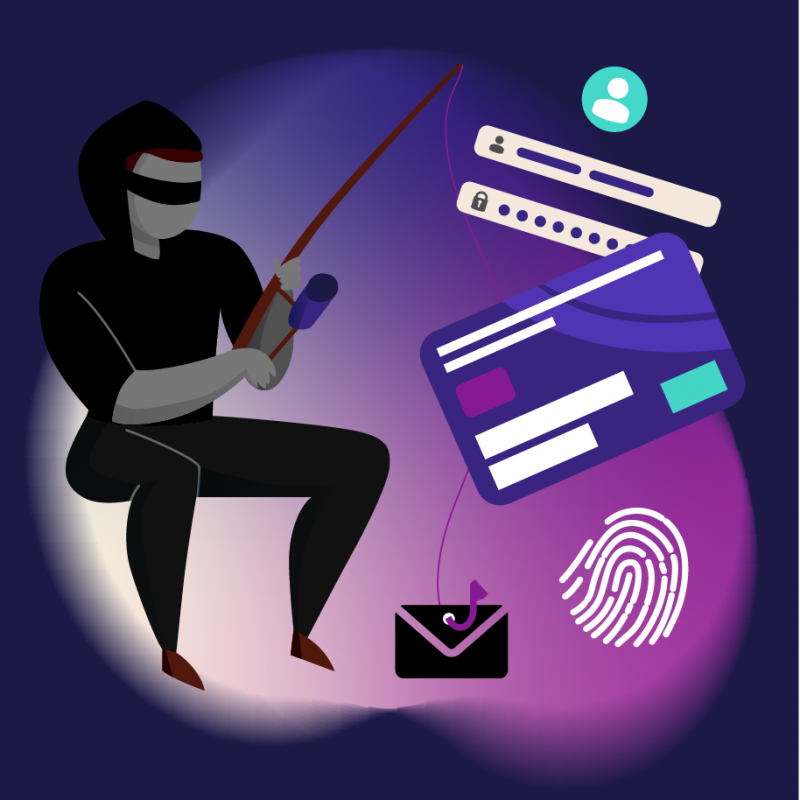
Ignoring updates leaves your system exposed to malware and other attacks targeting those vulnerabilities
7. Is it okay to write my passwords down somewhere?
It’s not a good idea to keep a written copy of your passwords, as they can be easily accessed.
It can be tricky to remember all your different passwords, so consider using a password manager.
8. If someone steals my data, does it go on the dark web?
Stolen data, especially personal or financial information, can end up on the dark web, where criminals buy and sell it. This makes it easier for them to commit identity theft or fraud.
9. I’m a small business owner, not a cyber security expert. How can I easily protect my business from a cyber attack?
The Cyber Wardens course is designed for small business owners and is a good starting point on your cyber safety journey as it’s self-paced and jargon-free.
You’ll learn the basics of securing your business against cyber threats, such as the red flags to watch out for and the habits to break to be safer online.
And don’t just take it from us. Andrew Charlton, Special Envoy for Cyber Security and Digital Resilience, says cyber security is critically important for small businesses, as half of those who suffered an online attack in 2024 did not survive.
“The good news is there are some simple things you can do to keep your business safe… and you can find out about those things through a free course called Cyber Wardens.
“It’s short, it’s easy to do, it comes at no cost and and will help develop your cyber security skills. “
